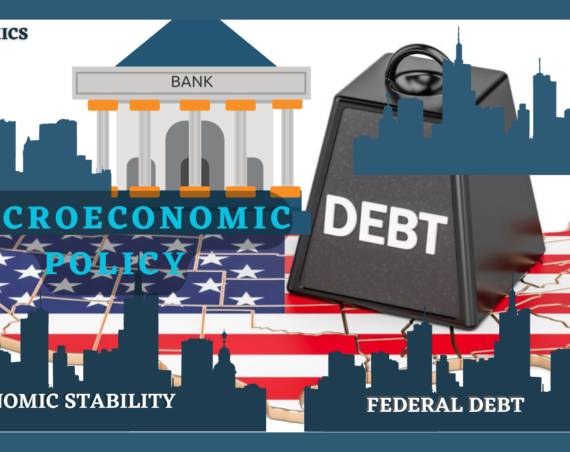Economic approach
The economic approach is a method of analyzing and understanding economic phenomena and decision-making processes. It is based on the principles of micro- and macroeconomics, which are the study of how individuals, businesses, and governments make decisions regarding the allocation of scarce resources.
One of the key principles of the economic approach is that individuals and organizations will make decisions that maximize their utility or profit. This is known as the principle of rational choice. For example, a consumer will purchase a good or service that gives them the most satisfaction for their money, and a business will produce a good or service that generates the most profit.
Another important principle of the economic approach is the concept of opportunity cost. This refers to the cost of foregone opportunities when a decision is made. For example, if a company decides to invest in a new factory, the opportunity cost is the potential profits from alternative investments that were not chosen.
The economic approach also utilizes various models and theories to explain economic phenomena. For example, supply and demand models are used to analyze the behavior of markets, while macroeconomic models such as the IS-LM model are used to analyze the economy as a whole.
The economic approach is widely applied in various fields, such as policymaking, business strategy, and personal finance. It provides a framework for understanding how economic decisions are made and how they impact society and individuals.
Overall, the economic approach is a powerful tool for analyzing and understanding economic phenomena and decision-making processes. It is based on the principles of rational choice, opportunity cost, and the use of models and theories to explain economic phenomena. It is widely used in various fields to make more informed decisions.



